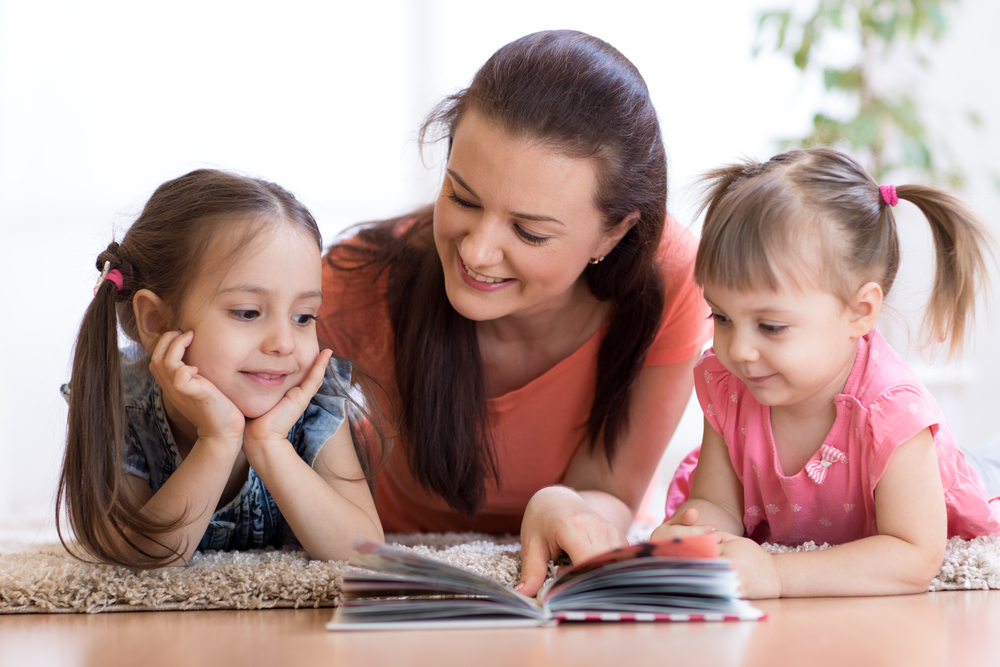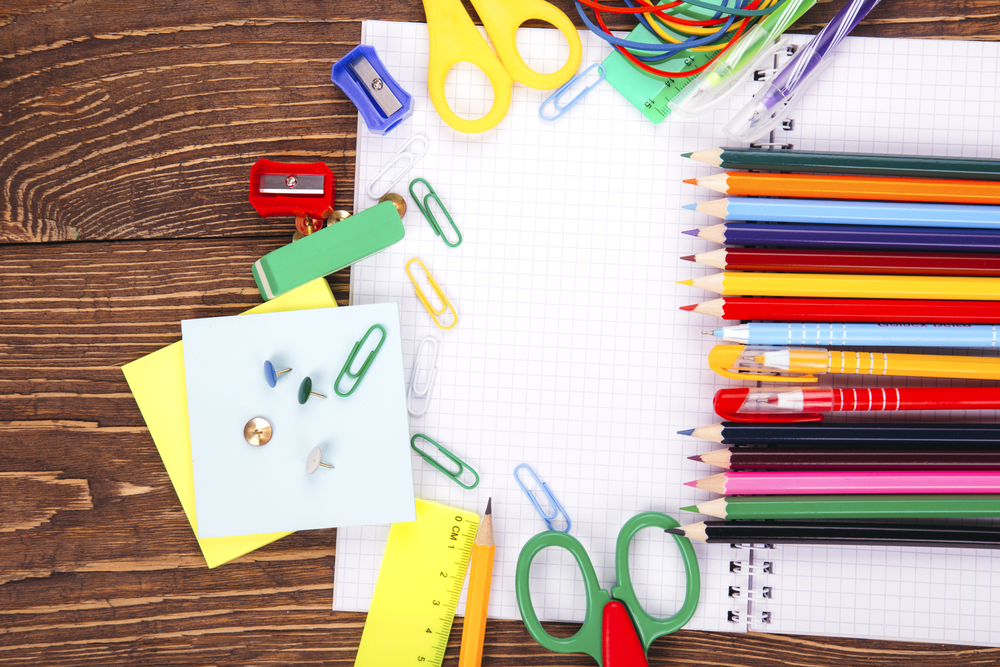Important Questions to Ask Your Child While Reading
June 12, 2018
Even as adults, skilled readers and critical thinkers ask themselves questions before, during and after reading something. Whether it’s questioning a controversial news article, or learning to do something new, we learn and understand more by questioning ourselves as we read.
Unfortunately, when kids learn to read, they don’t automatically question themselves like we do. Instead, we must teach this critical skill. By doing so, kids will build important reading comprehension skills with every question we ask.
Let’s explore the questions that need to be asked before, during, and after reading to maximize your child’s reading comprehension and critical thinking skills.

Before Reading
What will this story be about? Why do you think so?
Even though this question is asked before your child even begins reading, this is an important question to ask for a few reasons. First, your child will observe clues surrounding a story to make plot predictions. Your child might look at the book title, or pictures surrounding a passage if you’re using free reading comprehension worksheets.
Using clues found in pictures, colors, the title, or any other detail found on the page or cover, your child will piece together a possible plot. Additionally, by doing this, he or she will activate any prior knowledge associated with the topic, and probing kids about their thoughts help them build important metacognitive skills.
What characters do you think might be in this story?
Like the above question, asking what characters or type of characters will be in the book allows kids to use observational skills to find clues, activate prior knowledge, and make a connection to the story about to be read. Kids will also be motivated to read the story to see if their character predictions will come true, or if the characters might resemble a favorite character they already know and love.
What do you already know about the topic of this book?
Depending on the cover or pictures surrounding a story, ask your child a question that he or she can relate with. For instance, if the story involves camping, ask your child if he remembers a time he went camping. If the book features a favorite animal, ask your child what he or she knows about that type of animal. As long as your child makes connections between real life and the story they are about to read, your child will use that context to further understand what they’re reading.
During Reading
What is happening so far?
While your child is reading, it is important to check for understanding. One common problem kids often experience is when they read the words on the page, but fail to internalize the meaning behind the words. By stopping to ask what’s happening in a story (the cause and the effect), you check on your child’s comprehension, and can intervene if necessary.
What do you think will happen next?
Making predictions is an important reading comprehension strategy that allows kids to use clues they picked up while reading the story to apply them to a possible outcome. By asking kids to make predictions, teachers and parents can tell if kids are truly understanding the story.
What are you picturing in your head as you read?
When we read, we usually picture the events and characters in our minds. This helps the story to come alive, and helps us connect to the plot in a motivating way. Mental images as we read also serves as an important reading comprehension strategy. By allowing kids the chance to verbalize or draw their mental images as they read, they review story events that aid in reading comprehension.
After Reading
If you could give this book another title, what would it be?
One interesting way to test your child’s reading comprehension while letting them use the information they read in a new way is to ask them to rename the book. By selecting a new title for the book, a child will recollect the sequence of events, review important ideas and topics shared in the book to pick a title that perfectly describes the book. This helps increase critical thinking skills, allowing kids to synthesize the information they read to choose a new title.
How might you change the ending if you were the author?
This question allows kids to move past mere comprehension, and helps kids to evaluate the text. While responding to this question, kids will evaluate their thoughts and feelings about the ending of the book, to choose a new ending (or not) to make it better, more exciting, or just different.This question gives kids the power to critique and express themselves, moving past basic plot facts and events.
What do you think is the big idea that the author wants you to know? Why?
Asking this question inches kids closer to the concept of theme by thinking about the message an author is trying to send through the story. While most kids don’t yet understand abstract messages and lessons, they can evaluate a work and deduce the ideas expressed into one or two big ideas that were the most prominent throughout the story.
In the past, teachers tended to only ask questions after a child has finished reading a story. However, we now know that it’s much more beneficial to ask questions before, during, and after reading to mimic the process that all skilled readers use to analyze and evaluate a text. This not only reinforces important reading strategies to aid in comprehension, but gives kids the tools they’ll need for a lifetime of reading.
Find short stories and close reading passages perfect to get started with questioning using free reading printables from Kids Academy!











